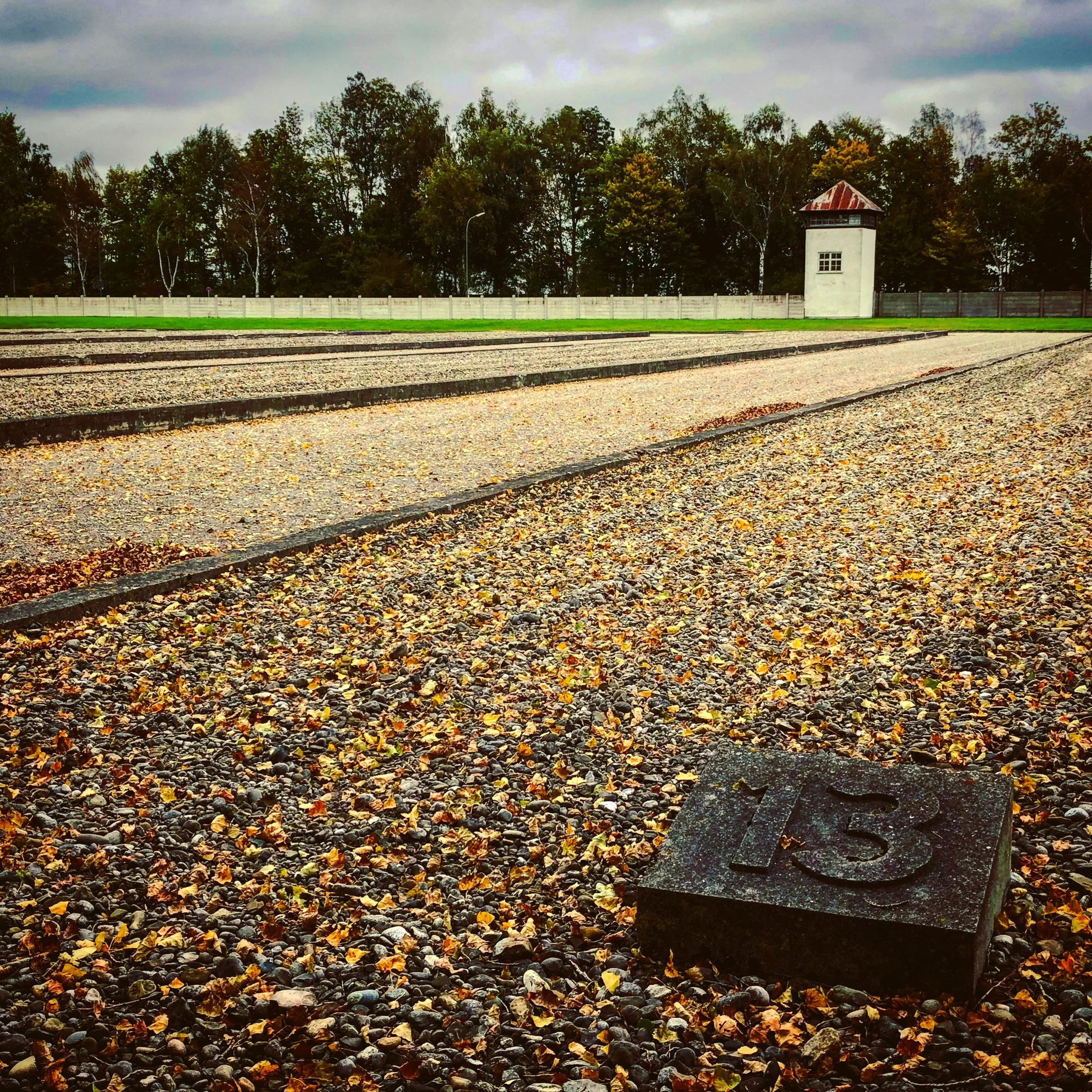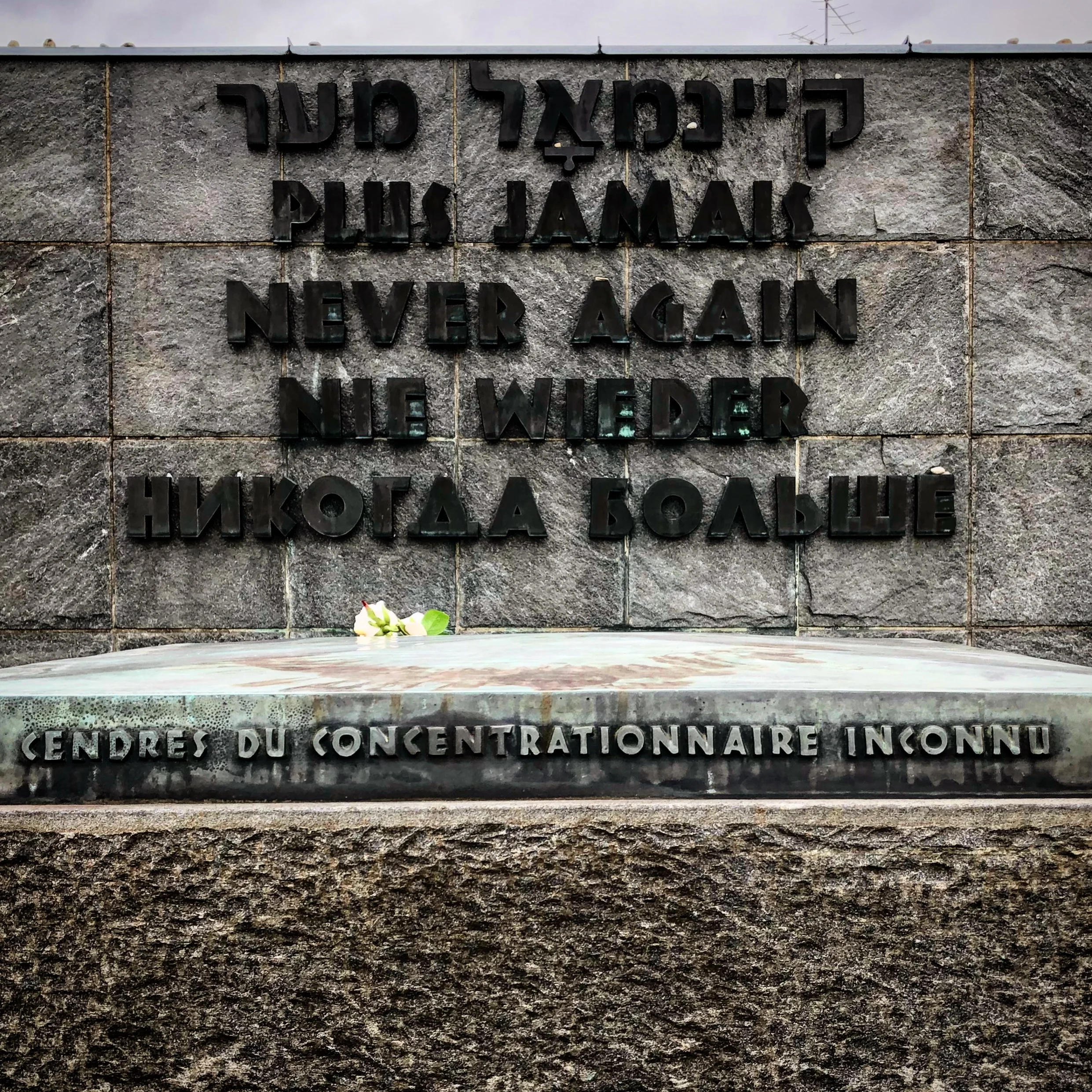Yesterday. just as news was surfacing in about the deadliest hate crime perpetrated on the US Jewish community in history, I missed the initial reports — because the hotel where I am staying and participating in a convention was being evacuated.
First we were moved by firemen out into the lobby as we smelled some chemical smoke. Next we were told to leave the lobby and go out into the rain outside, because there was a gas leak. Then we were told to get at least 100 feet away from the building. As we all huddled to try to stay warm in the remnants of a Nor’easter, news trickled in that it might be a bomb scare. But no one knew for sure.
Three days earlier on my way to give a talk at MOMA, I received a blaring amber alert and found myself stuck in gridlock for an hour four blocks from where CNN had been evacuated. So that was fresh on everyone’s mind.
Almost four hours later — after having been picked up by some lovely folks in a warm pickup truck and taken to a restaurant — we were readmitted to the hotel and told it had indeed been a bomb scare.
It wasn’t until finally returned to my hotel room that I read about the mass shooting in Pittsburgh.
It felt too awfully ironic to find myself at a convention celebrating horror, when there is so much actual horror in the news.
It is immensely difficult, during times like this, to not viscerally feel that darkness really is crawling across the land — and our midnight hour really is perilously close at hand.
So we look to the leaders of our country for words of comfort — and find none. We find only more narcissism, more obfuscation, more cause for division. The only true words of hope and comfort we seem to find come from the victims of the hatred, who almost always try to speak words of hope and unity. People like Etty Hillesum.
This week I have been reading the words of Etty Hillesum and and rewriting them in my journal, because they have moved me both to tears and to hope — that this Dutch Jewish woman who watched the Nazis invade her country during the 1940s and imprison and then kill her people — could continue to find hope and healing in her heart and soul . . . instead of hatred.
Even as she saw her country decimated and her loved ones being taken away and killed, Etty believed, “Ultimately, we have just one moral duty: to reclaim large areas of peace in ourselves, more and more peace, and to reflect it toward others. And the more peace there is in us, the more peace there will also be in our troubled world.”
Each week right now in this blog about creating a daily practice of joy, I am choosing a photo I have taken and using it to inspire me to write about the importance of practicing joy in these dark times. This week’s photo was taken in Budapest at the Great Synagogue there. To me it is a visualization of Etty’s words.
In Hungary, over 400,000 Jews were killed during three months of 1944 (the year after Etty herself was killed in a concentration camp in Poland). Until that time, most of them lived in the Jewish Ghetto — the neighborhood surrounding the synagogue — trying to go on with their lives and hope that they would be spared the horrors of the Holocaust.
Our AirBNB was just down the street from the Synagogue, so every morning I tried to imagine what it would be like to live — and likely in our apartment there would have been three or four families in what two of us were sharing — in the fear and hope and horror and also daily life of that time.
As I walked up and down the stairs or ran the water to wash the dishes or looked out the windows at the weather or walked down the street for groceries, I tried to imagine what I would have felt like and how I would have summoned the daily quiet courage to live without fear or hatred — and even to experience joy and love. Would I, like Etty, have been able to have faith and live in daily kindness? Would I, like Etty, have been able to see that “Despite everything, life is full of beauty and meaning”?
A week after leaving Budapest, I visited the German concentration camp of Dachau — a “model” prison for the extermination of political prisoners, Jews, Communists, Gypsies, gays — and many more “categories” of people who were deemed dangerous and impure.
I saw the ovens that burned the bodies that had just been gassed in the "showers”. I saw the photos, the barracks, and read story after story of both death and survival, hatred and hope.
I also saw the monuments erected in memory of those who have died with the exhortation that NEVER AGAIN can we humans let this happen.
Etty Hillesum never let herself feel like a victim. She saw herself as an activist for love and healing and hope. She wrote that it is up to each of us to eradicate any hate we have within us. Only this will heal our world. In fact, she wrote, it is “the only thing we can do: Each of us must turn inward and destroy in himself all that he thinks he ought to destroy in others. And remember that every atom of hate that we add to this world makes it sill more inhospitable.”
We seem to have forgotten this. We seem instead to be hell bent on justifying our divisions. And then, just as we feel like there is nothing that will unite us, we find something.
Last night, as I watched my beloved Dodgers play my other favorite team, the Red Sox, in the World Series, the whole game stopped for two minutes while every player, coach, reporter and fan stood up holding a card on which they had written the name of a person or organization in support of whom/which they were standing up against cancer. Every single person in that stadium stood up in unity, together.
It was deeply moving. But it shouldn’t have been. That unity should be our norm.
Earlier, the ceremonial first pitch had been thrown out by one of the Dodgers former arch rivals — the Oakland A’s pitcher Dennis Eckersley — and caught by the man who hit one of the most famous home runs in baseball history against him — Kirk Gibson. After the pitch, the two men hugged one another and both said, “I love you man.” The crowd gave both men a standing ovation — acknowledging that both were part of the beloved history of this beloved “national pastime”.
I was at that game, and will always remember what happened after that home run Gibson hit off Exkersley. We all walked around the stadium smiling and hugging and high-fiving one another — total strangers connecting with one another in joy over a shared sports experience. We couldn’t bring ourselves to leave. I don’t know that I have ever felt so much love in one place. A sports stadium!
The United States was founded by white men who believed themselves to be Christians. It has mostly been ruled by white men who believe themselves to be Christian. And yet, at least right now, we all seem to have forgotten that there was only one message that Jesus Christ came to teach. The message of Love.
Jesus brought the world ONE COMMANDMENT — and that’s it!
LOVE ONE ANOTHER.
Truly. That is the only thing Jesus said that we were to do: Love one another as much as we had been loved by God. And love God in the same way.
That message seems to have been lost — and it desperately needs to be found.
We are not here to be better than one another. We are not here to divide and conquer. We are not here to prove our own worthiness. We are not here to hold our country, our class, our ethnic group, our family, our religious affiliation, our sexual identification, or gender or our friends in higher esteem than another. We are here to do one thing and one thing only: WE ARE HERE TO LOVE.
To do that, we must, as Etty understood, eradicate every ounce of hatred, self-justification, and self-will out of our systems. And then we must learn to lead by loving, love by leading, learn by leaning on one another, and love by loving more.
This is a blog about practicing joy. In these dark days, it can seem hard to summon joy, let alone practice it. But joy and love cannot exist without one another. So to practice joy is, by necessity, to practice love. And so to practice joy every day is to summon the heart within each of us that knows that there really is nothing and no one to hate, because we are all one in Love.
Anne Frank wrote, “How wonderful that no one need wait a single moment to improve the world.”
Right here, right now — each of us can improve the world by learning to love more and hate less. To eradicate any justification to hate, and learn to forgive in love. It’s not easy. Sometimes it feels as though hate should only be met by hate and that love is some pie in the sky nostalgia for better times.
It’s not. Love is the ONLY answer.
So today, start with what’s easy. Love the beauty of some fall leaves. Love the person who is watching the football game with you. Then move out from there. Love those same fall leaves even as you have to rake them up and dispose of them. Love the opposite team from the one for which you are rooting. Love the people with whom you share your next meal just as much as you love the annoying person who cut in front of you in line at the store when you were buying the ingredients for that meal. Start with what is close to home and move out from there. Love can only be cultivated in our own lives, and it can only heal if we let ourselves be healed.
Let us each pray that we can love and love more deeply. Let Love do Love’s work and heal that which seems to divide us in hatred and fear. Let us all learn to to lean on and live in Love. Always. All ways.
May it be so.






